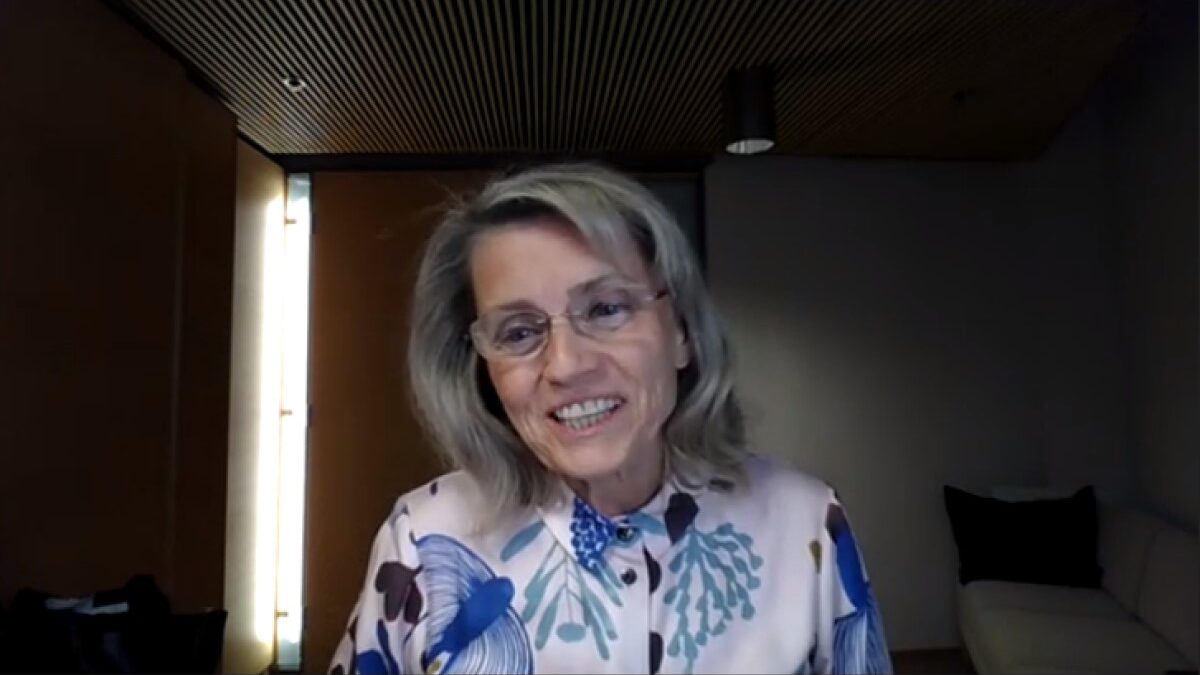This week, the American Civil Liberties Union raged against a civil rights policy that has already been law for decades. It would be funny, except it misleads people who trust organizations like the ACLU for accurate information. That is wrong.
On Tuesday the Office of Federal Contract Compliance Programs (OFCCP) announced a straightforward proposed regulation that should be noncontroversial. This regulation simply clarifies that, when religious employers contract with the federal government, they retain the right to hire employees who support their religious missions—just as they do for all other hires under the federal Civil Rights Act of 1964.
For more than 50 years, federal civil rights laws have balanced the need for nondiscrimination protections with the constitutionally based right of religious organizations to hire employees that support their religious mission and tenets.
That an organization should be able to choose employees who support and further its mission is a logical and reasonable expectation and not unique to religious organizations. Members of Congress want to hire people of the same political affiliation. Planned Parenthood wants to hire people who support abortion.
Most hiring practices are governed by Title VII of the Civil Rights Act of 1964. However, when an organization contracts with the federal government, they are governed by an executive order that was first issued by President Johnson in 1965. This executive order has a hiring exemption for religious employers that is identical to the more than 50-year-old exemption in Title VII.
In 2014, President Obama expanded the executive order to cover sexual orientation and gender identity. In doing so, he left the religious exemption in place, but there were indications that it would be given a significantly narrower gloss than the same language in the Civil Rights Act.
Whereas most federal courts have interpreted the Title VII exemption to mean that a religious organization has the right to preserve its unique religious identity by hiring individuals who support the organization’s mission, religious contractors were led to believe the executive order’s exemption would only protect the right to hire employees who claimed the same religious label as the organization.
In short, while the Obama administration praised religious organizations for the unique and critical role they play in partnerships with the federal government, it simultaneously created significant ambiguity about the legal obligations binding these same groups.
It is so obvious that it shouldn’t have to be stated, but apparently it does. Parties in a contract have a right to clearly understand how the provisions of that contract will be enforced. In the private sphere, this has been taken for granted. Until this week, it was an unfair wild card for religious contractors.
To provide clarification, OFCCP issued a proposed rule clarifying that the EO exemption should be applied in the same manner as its Civil Rights Act twin: “Because the exemption administered by OFCCP springs directly from the Title VII exemption, it should be given a parallel interpretation.”
These are important legal facts. But as human beings we don’t relate in legal jargon, so understanding what this proposed regulation means in tangible terms is as important as keeping our legal facts straight.
This clarification means that religious organizations can continue partnering in confidence with the federal government to provide food for the hungry, shelter for the immigrant, a safe haven for the abused, health care for the sick, and countless other critical services for vulnerable populations. Religious organizations contribute a whopping $1.2 trillion each year to American society, more than Google, Amazon, and Apple combined. There is too much need, we all want to help, and everyone should have a seat at the table.
Although only a handful of federal contractors are religious, they are also often the best—sometimes even the only—organizations situated to help the government fill needs it cannot fulfill on its own. By simply relying on decades of federal law and its interpretation by federal courts, these critical partnerships may continue, and the very real people who are being helped by these services have the opportunity to flourish.









